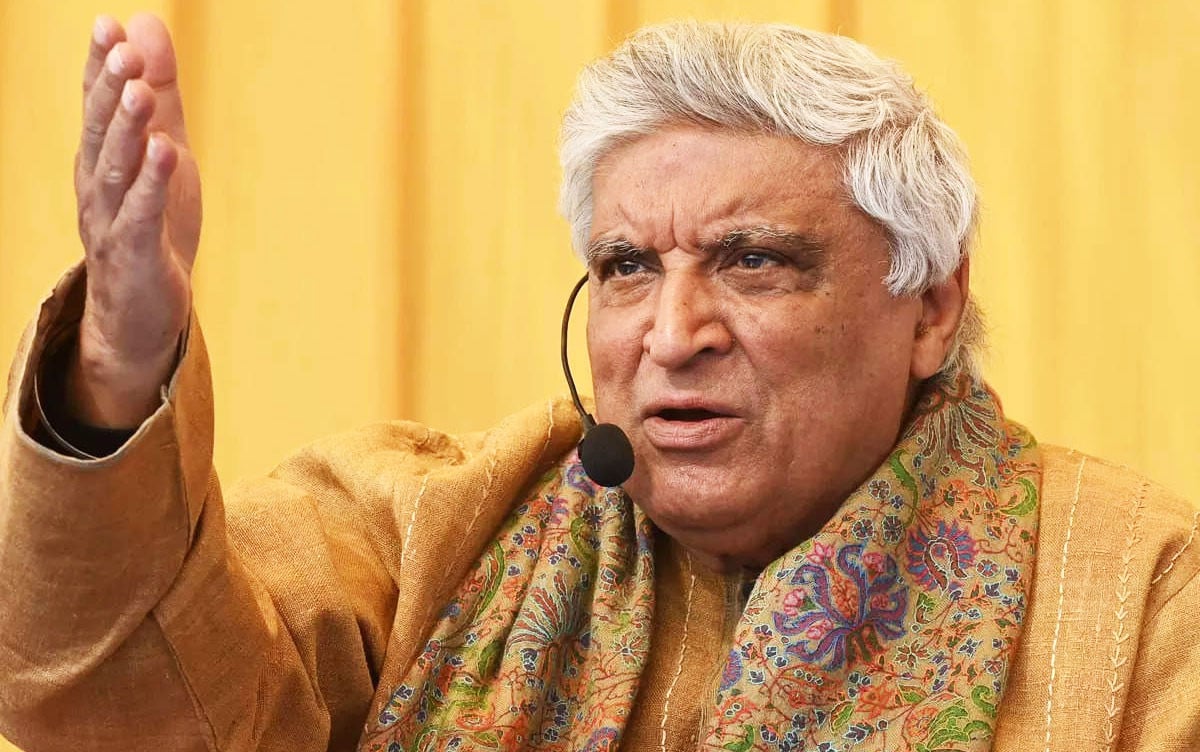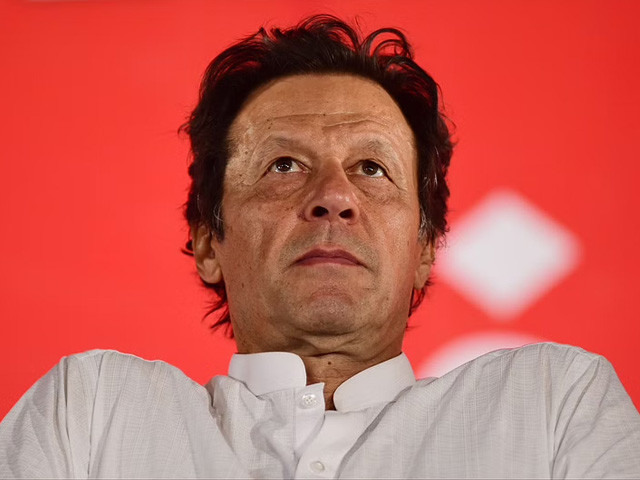
Why are we banning Maalik when it’s a fictitious portrayal?
We need to view Maalik as a work of fiction; it cannot hurt the position of any of our politicians.
A lot has been said and discussed about the newly released Lollywood film Maalik. For me, there were two things about the film that made me want to watch it.
Firstly, the fact that it was directed and written by Ashir Azeem, popular for his super-hit drama serial Dhuwan.
Secondly, the tagline of the film ‘Main Pakistan ka shehri, Pakistan ka Maalik hun’ (I am the citizen of Pakistan and the owner of Pakistan) which made me realise that this film was definitely going to have more substance to it rather than a typical masala movie.
I decided to watch it at a local cinema.
After a few days, the movie had evoked such strong reactions from its audience that it eventually led to its ban across all provinces in the country, apart from Khyber Pakhtunkhwa (K-P). I was rather surprised by the news and I was curious to know what in particular had triggered this. After reflecting upon the matter, I realised those defending the ban had the most absurd reasons.
The main points of criticism about Maalik includes that it promotes racism, incites violence, portrays ‘good’ Taliban, labels the police as corrupt and, most importantly, places politicians in a negative light.
 Poster of Maalik displayed at a cinema in Lahore. Photo: Kiran Wali
Poster of Maalik displayed at a cinema in Lahore. Photo: Kiran WaliNow, let me address each and every point of criticism with reference to the film’s plot.
Regarding racism, one really has to be racist himself to detect racism in the film. I, by the end of the movie, did not start stereotyping any particular race based on what was depicted in Maalik. Neither did the movie give me any reason to do so.
Critics claim that Sindhis are shown as the corrupt ones. What they conveniently forget to highlight is that, from the same Sindh, they show the head of a middle class family who believes in the education of girls. He also encourages his daughter to become a lawyer against all odds. Together, they strongly believe in challenging the corrupt system and struggle to join politics and bring about a ‘change’ in the rotten system.
The point where the owner of the private security firm, played by Ashir Azeem, shoots the political figure he was hired to protect is seen as ‘inciting violence’. Correct.
But the tricky part is the context; the same guard turns himself in to the police and confesses the extra-judicial killing, owing to his conscience. Does it justify the killing? Not even close. But what’s important is that it reminds us that with all actions, there must be accountability. Also, for God’s sake, it is a fictitious film. Nothing more.
Interestingly, if it incites violence, it also condemns it. At one point when a father finds out that his son plots to avenge his sister’s rape and murder by killing the chief minister, he stops him and reports him to the security personnel. No one talked about this side of the film. As I said, it’s all about what you really want to see.
Critics say the movie showcases ‘good Taliban.’ Well, it is the same ‘good taliban’ that are killed by the aforementioned guard when they attempt to kill the chief minister.
With regards to the corrupt police, I think it is a widely known fact that this very faction of law enforcement has sporadically embodied elements that actually aid crime and allow corruption to prevail. It does not show the entire police force involved in crimes.
They say that politicians are shown ‘in a bad light’. Are you implying that all our parliamentarians are Sadiq and Ameens? More than illegal money-making, the film shows how the politicians use their authorities and power to suppress the voices that are raised against injustice. It shows how the feudal system reacts in the same way; exploiting and threatening people around them to facilitate their crimes.
What’s interesting is how everyone is so fixated on what they want to see. No one has talked about the romance between a non-Pukhtun male and a Pukhtun female, accepting each other despite their cultural and lingual differences. Does that not promote harmony?
No one has even slightly mentioned – let alone appreciated – the fact that the film also shows a Sikh belonging to a private security firm, working wholeheartedly alongside his colleagues. At one point, when a father seeks help from Ashir Azeem to trace his abducted son, Ashir points towards the same Sikh and asks the father “Why do you think he should risk his life for your son?”
It’s completely absurd to absent-mindedly label the film as instigating ethnic divide, when quite clearly we have seen some in the positive light. To me, this movie is a reflection of the Pakistani society, as a whole. Even Dukhtar highlighted issues revolving around early marriages and patriarchy imposed by the Pukhtuns. But that film never hailed such criticism and in fact made its way to being nominated for an Oscar under the category of Best Foreign Language film.
Besides the government, there are certain other elements that seem to have a problem with Maalik. Their criticism is more or less the same. It seems as though it is their job to object anything remotely linked to ISPR. These are the same people who kept criticising Waar when it was released. Film-maker Ashir Azeem has clearly denied having the film funded by the ISPR. In any case, it is obvious that any film using military equipment has to give due credit to the relevant agency.
The ban has only generated more interest and now people really want to watch to assess the validity of these criticisms. If we can celebrate Sharmeen Obaid’s documentaries for showing the ugly side of our society, then a fictitious film should not be the cause of trouble. Maybe we can learn from our neighbouring country which has always been openly shown the ugly side of the business of politics in its films.
We need to view Maalik as a work of fiction; it cannot hurt the position of any of our politicians. If the Panama Leaks could not shake anything in Pakistani politics, what can a mere film do? And if item numbers in our movies do not incite any vulgarity in our society, then one killing scene should not be taken as a cause of inciting violence.




COMMENTS (5)
Comments are moderated and generally will be posted if they are on-topic and not abusive.
For more information, please see our Comments FAQ